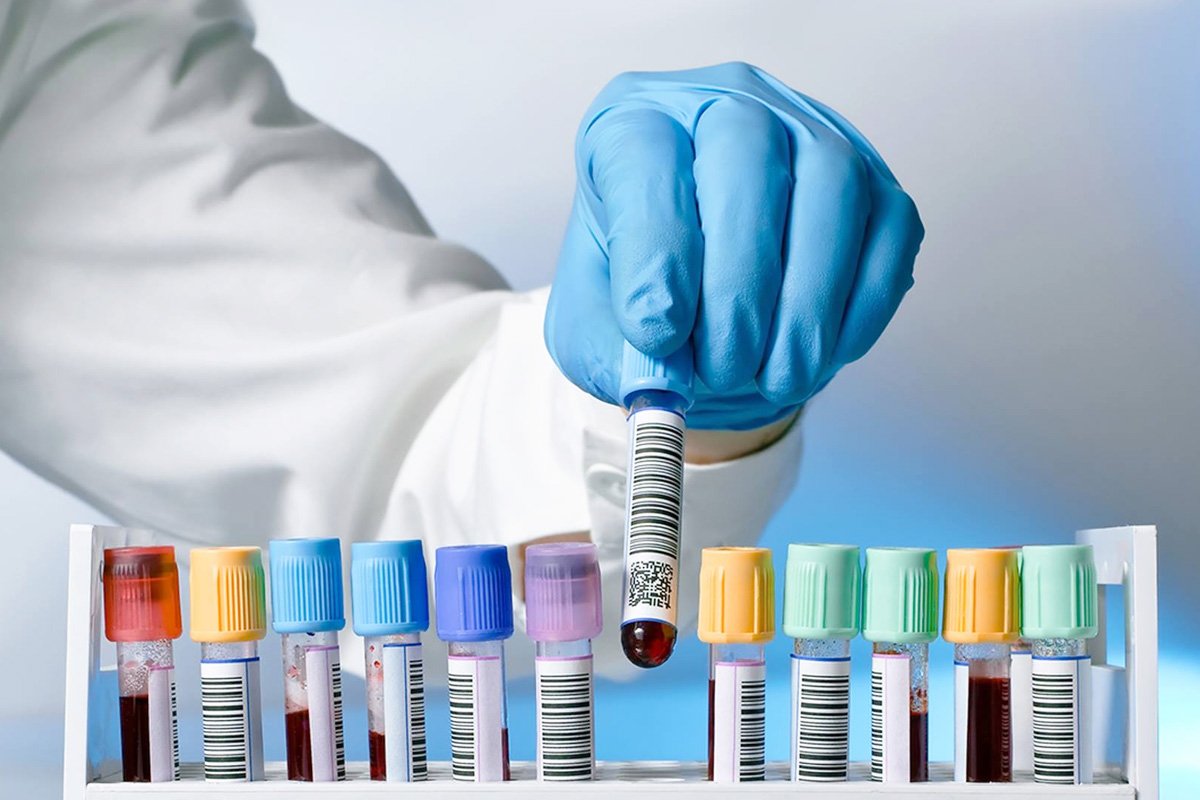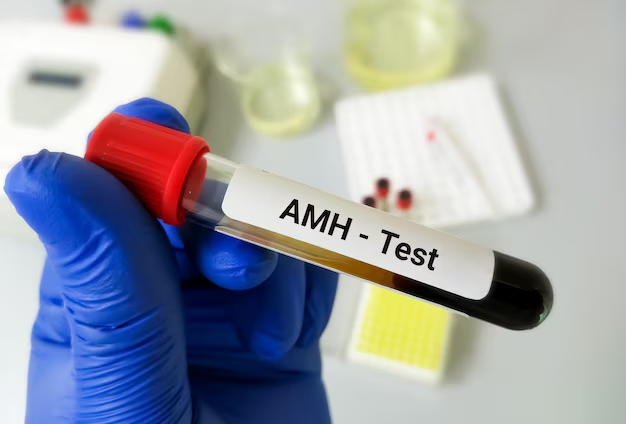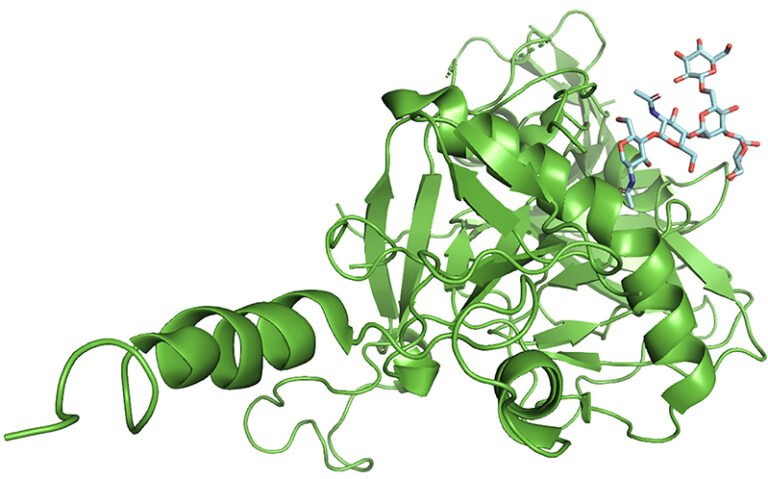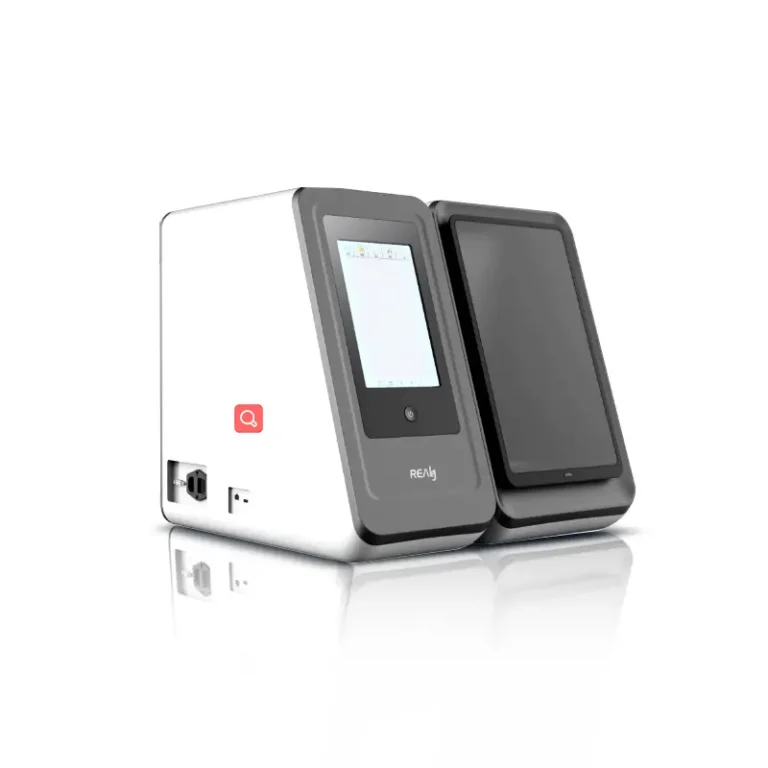Understanding Blood Screening Tests: Importance, Types, and Diagnostic Solutions by Amindo Biologics
Blood screening tests are a cornerstone of modern healthcare diagnostics, playing a pivotal role in early disease detection, patient monitoring, and overall health assessment. These tests offer valuable insights into various physiological and pathological conditions, enabling clinicians to make accurate and timely decisions.
What Are Blood Screening Tests?
Blood screening refers to laboratory tests performed on blood samples to detect and monitor diseases, infections, or health markers. These screenings can range from basic blood counts to complex serological, biochemical, and immunological assays.
Clinical Significance of Blood Screening Tests
- Early Detection of Diseases
Blood screening helps identify diseases such as anemia, diabetes, infections, cancers, and cardiovascular conditions in their early stages, often before symptoms appear. - Monitoring Chronic Conditions
Patients with conditions like kidney disease, liver dysfunction, thyroid disorders, or autoimmune diseases require regular blood screening to monitor disease progression and treatment response. - Infection Screening
Serological screening helps detect viral, bacterial, and parasitic infections such as HIV, Hepatitis B & C, Syphilis, Malaria, and Dengue, often used in transfusion settings to ensure blood safety. - Hormonal and Metabolic Assessments
Endocrine disorders such as PCOD, infertility, thyroid dysfunction, and adrenal gland disorders can be effectively diagnosed through hormone panels and metabolic markers. - Tumor Marker Screening
Certain blood tests help in the early detection of cancers by measuring specific proteins, enzymes, or antigens that are elevated in malignancies.
Amindo Biologics: Comprehensive Range of Diagnostic Kits for Blood Screening
Amindo Biologics offers an advanced portfolio of ReLIA (Rapid Enzyme-Linked Immunoassay) kits, Qassay kits, and Rapid Test kits designed for high accuracy, ease of use, and clinical reliability. These kits are compatible with ELISA readers, semi-automated platforms, and rapid test cassettes, making them suitable for hospitals, diagnostic labs, and research centers.
Key Diagnostic Categories Available:
1. Infectious Disease Screening Kits
- HIV 1/2 – Rapid & ELISA formats
- Hepatitis B (HBsAg), Hepatitis C (Anti-HCV) – ReLIA & Qassay kits
- Syphilis – TPHA and Rapid tests
- Dengue NS1/IgM/IgG, Malaria P.f/P. vivax, Typhoid IgM/IgG
- TORCH Panel (Toxoplasma, Rubella, CMV, HSV I/II) – ELISA and IFA-based diagnosis
2. Fertility & Hormonal Screening
- FSH, LH, TSH, Prolactin, Estradiol, Progesterone, Testosterone
- AMH, β-hCG – Used in fertility assessment and pregnancy diagnostics
3. Cancer and Tumor Marker Screening
- CEA, AFP, CA125, CA15-3, CA19-9, PSA – For early tumor detection and monitoring
4. Renal and Cardiac Marker Screening
- NGAL, Cystatin-C, β2-Microglobulin, MAU – For renal injury diagnosis
- Troponin I, CK-MB, Myoglobin – For cardiac event screening
5. Autoimmune and Allergy Screening
- ANA, dsDNA, ASO, RF, CRP, IgE – For autoimmune disease profiling and allergy testing
6. Metabolic & Diabetes-Related Kits
- HbA1c, Insulin, C-Peptide – Used in the diagnosis and monitoring of diabetes and insulin resistance
Why Choose Amindo Biologics Diagnostic Kits?
✅ High Sensitivity and Specificity
✅ Validated Clinical Performance
✅ User-Friendly Protocols
✅ Customized Panels and Bulk Pack Options
✅ Timely Technical and Application Support
With a mission to empower healthcare professionals with dependable diagnostic tools, Amindo Biologics continues to offer innovative solutions tailored for accuracy, affordability, and accessibility.
Conclusion
Blood screening is a powerful tool in clinical diagnostics. From infectious diseases to hormonal imbalances and cancer detection, the role of blood tests is unmatched. With the wide range of ReLIA, Qassay, and Rapid Diagnostic Kits from Amindo Biologics, laboratories and clinicians can now perform efficient and reliable screenings that significantly enhance patient care outcomes.







